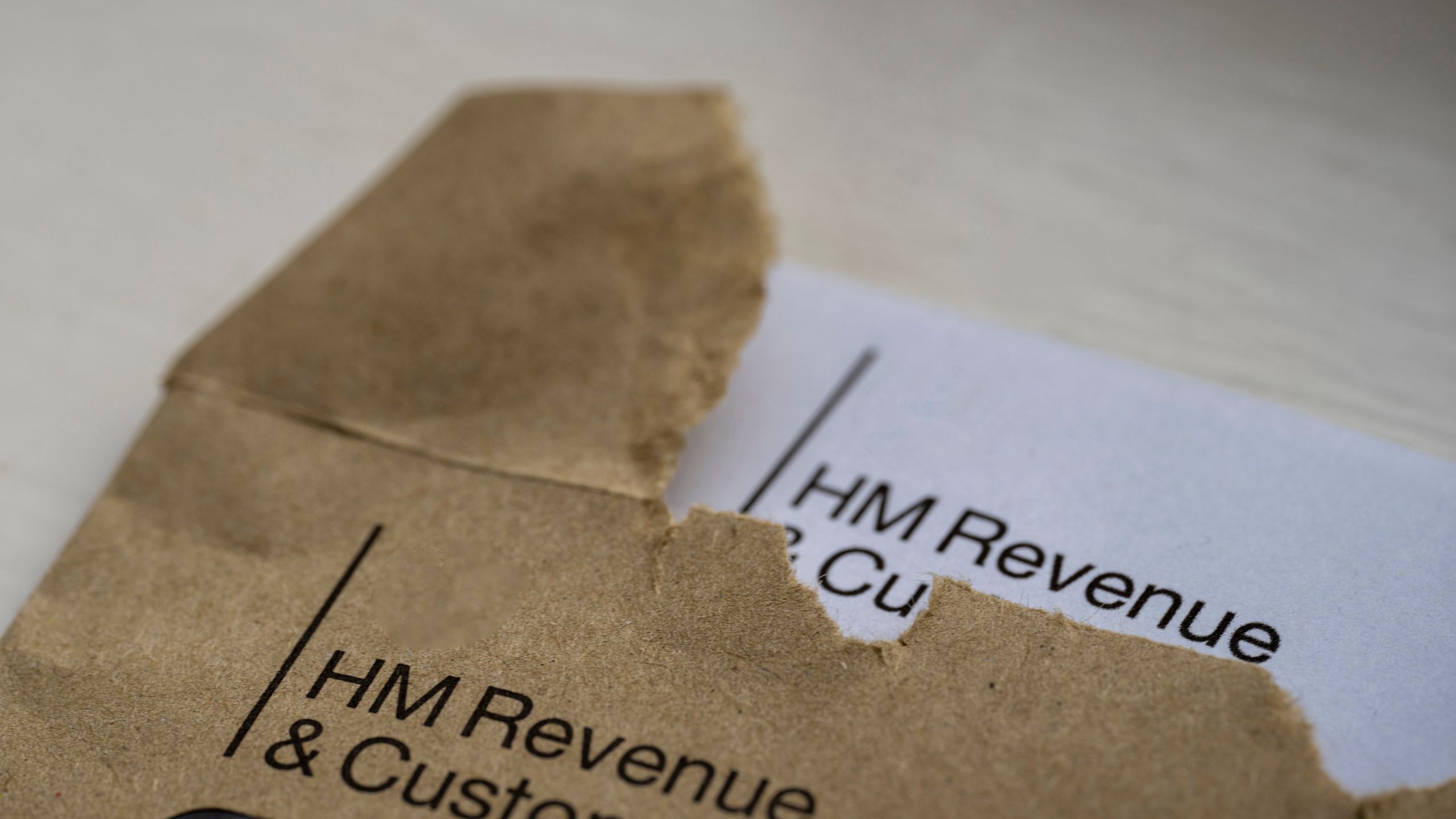
Umbrella company tax avoidance schemes the warning signs
Tax avoidance schemes come in many varieties. The warning signs may be obvious to seasoned contractors, but many less experienced contractors are (or have been) duped into using them. They represent a genuine danger to your current and future finances.
Landing pages rather than a proper established website
An established umbrella company will have a website that includes all the company information such as:
- Registered address
- Company number
- Comprehensive contact details
- Helpful content and advice, blogs & other resources
- Accreditations
Many tax avoidance schemes use landing pages that appear seemingly overnight with little or no information other than a contact form and a claim of higher take home.
Also, check their social media channels if they do not have an established presence on LinkedIn or even Twitter proceed with caution.
Claims of higher take home
Umbrella employment should result in an almost identical take home whichever company you use the only real difference is the margin, which is usually somewhere between £15 – £20 per week.
Some schemes will claim to offer inflated take home figures in excess of 80% which simply isn’t possible if you are paid correctly, and all the TAX NI deductions are paid to HMRC.
If it seems too good to be true it is!
Deliberately convoluted or unusual methods of processing payroll
Disguised remuneration is the practice of passing off some of what ordinarily would be classified as income, as something else that allegedly doesn’t incur a tax liability.
Typically, a minimum wage salary will be paid to a contractor with the remaining funds, after a large fee is taken by the scheme provider paid out as a loan, Annuity, profit share, trust payment, or something else.
The second payment or “non-salary payment” is usually described as tax free and often not declared to HMRC at all.
Non-UK and Offshore locations
The funds not paid as salary are often filtered through a low or zero tax jurisdiction, be on the lookout for known offshore tax havens such as, the Isle of Man, Channel Islands, Cayman Islands, or anywhere outside of the UK.
If you are a UK taxpayer your umbrella payroll and salary should be paid by a UK company if it isn’t ask for an explanation.
What to do if you suspect you have become involved with a tax avoidance scheme
There is advice available from the government
https://www.gov.uk/guidance/check-if-you-are-at-risk-of-tax-avoidance
The main thing to remember is that the sooner you exit a tax avoidance scheme the better.
What you must not do is put your head in the sand and think that everything will be ok in the end. It won’t and the longer you are in a scheme the larger the liability.



